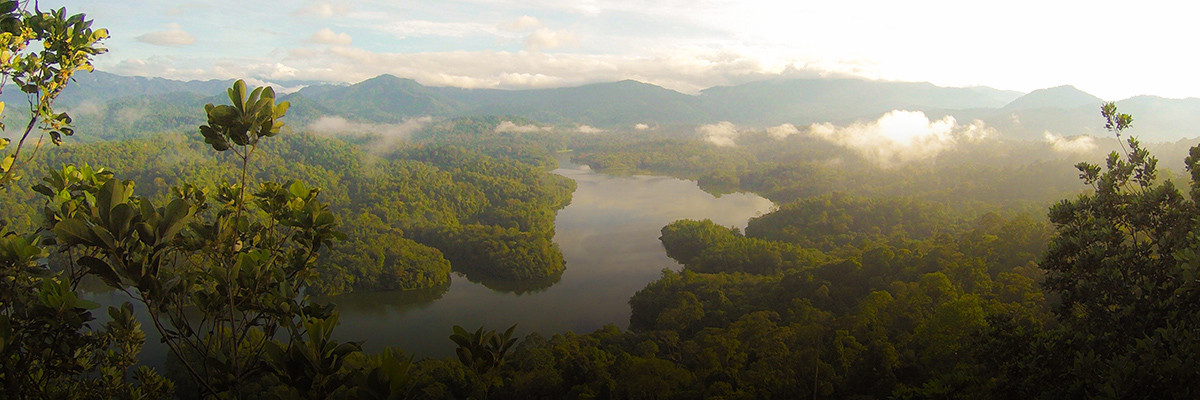
Authors
Corporate return on investment (ROI) is the most fundamental business measure. It’s so basic that few people question its exclusive focus on financial metrics. However, a growing set of business leaders have noted that the current ROI frame fails to capture the full kaleidoscope of value that companies are creating.
Consider, for example, the CEO of Unilever, Paul Polman, who asserts:
“The more our products meet social needs and help people live sustainably, the more popular our brands become, and the more we grow. And the more efficient we are at managing resources, such as energy and raw materials, the more we lower our costs and reduce the risks to our business, and the more we are able to invest in sustainable innovation and brands."
The bottom line is that it matters to business success whether products and companies offer community, societal, and environmental benefits. And these benefits create value—to natural systems and human societies—that can be measured.
Dow, Interface, Patagonia, SwissRe, and many other leading companies now actively consider multiple dimensions in business decision-making processes and take a more holistic approach to assessing risk and opportunity. These businesses go beyond measuring financial ROI to track and assess how their facilities, actions, or products contribute to the functioning of natural systems or to community and human well-being.
These business leaders are pointing the way toward corporate management that measures multidimensional return on investment—combined financial, social, and environmental ROI. This is not only beneficial in theory but, increasingly, also achievable in practice.
In the past decade, a suite of tools has emerged to measure distinct types of ROI, such as social return on investment, enhancements to natural capital value, and maintenance of ecosystem services. Because they focus on one issue at a time, none of these approaches can easily assess broader impacts: for example, whether and how a company’s investments in environmental benefits may also offer local community or social benefits. Yet, since we all breathe air, drink and rely upon water, eat food, and live in natural environments, there are linkages between local corporate environmental benefits and community benefits from these natural system improvements.
Within this context, BSR’s Value Creation through Natural Capital working group offers a pathway for companies focused on how to measure not just improvements in environmental terms, but how these benefits also offer local community, human health, economic, and other societal benefits.
Specifically, in 2017, BSR and group members will launch a facilitated process through which cross-industry thought and practice leaders will work with NGO, academic, and private-sector value measurement specialists to document, synthesize, and peer review a set of metrics and best practices for measuring community and societal returns that stem from natural-capital-related decisions and investments. This work will include:
- Common terminology and a lexicon of definitions related to corporate measurement of societal (including local community) and natural capital, as well as ecosystem services value generation
- Specific metrics for measuring and assessing risks and opportunities across societal, community, and natural capital issues, as well as ecosystem services
- Transparent, open-source, and credible data sources and analytical tools
- A common dashboard for presenting information on corporate value generation that includes natural capital and social impact measures
All of these aspects will be vetted and peer reviewed. This initiative will result in an integrated approach to examining financial, community, societal, and ecological impacts—bringing together traditional financial measures of ROI, leading societal and community returns work, and approaches to measuring positive impact on natural systems.
The opportunity is clear. Thought and practice leaders are already acting. Now is the time to jump in and engage in the new era of value creation.
For more information on the Value Creation through Natural Capital Working Group, please contact Sissel Waage at swaage@bsr.org.
This blog is part of our February spotlight on collaboration. To find out more about BSR’s Collaborative Initiatives, read our overview blog or visit the Collaboration page.
BSR’s latest sustainability insights and events straight to your inbox.
Topics
Let’s talk about how BSR can help you to transform your business and achieve your sustainability goals.







